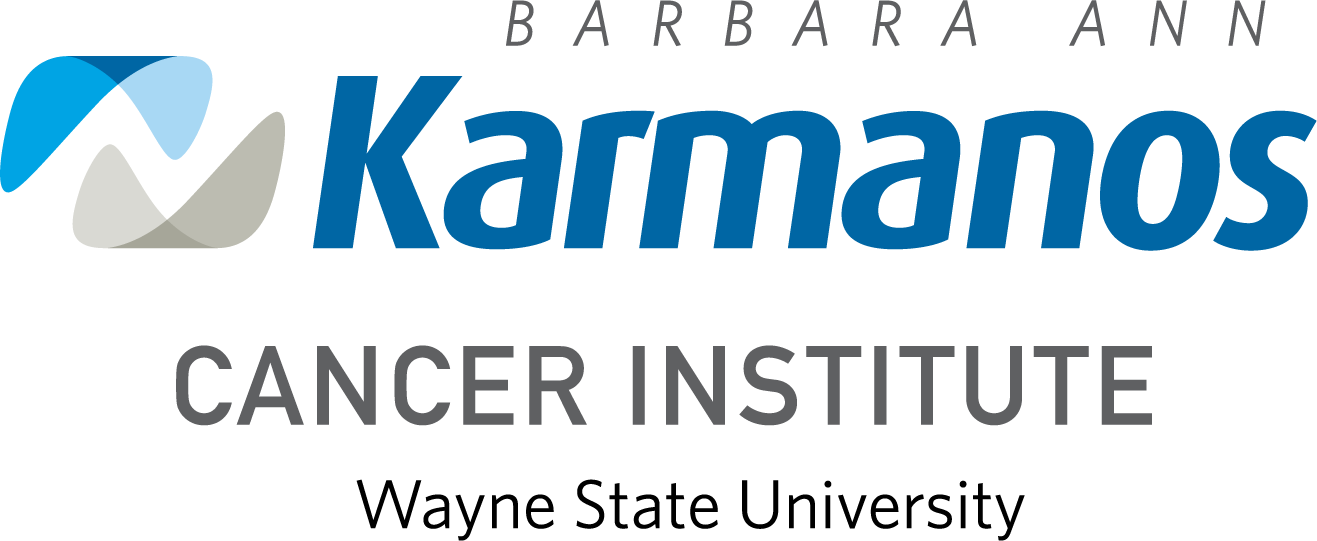
Dr Zonder on Ongoing Research at Karmanos Cancer Institute in Multiple Myeloma

Jeffery Zonder, MD, leader, multiple myeloma sub-committee, Barbara Ann Karmanos Cancer Institute, professor of medicine, Departments of Hematology and Oncology, Wayne State University School of Medicine, discusses ongoing research in multiple myeloma taking place at the Barbara Ann Karmanos Cancer Institute.
Jeffery Zonder, MD, leader, multiple myeloma sub-committee, Barbara Ann Karmanos Cancer Institute, professor of medicine, Departments of Hematology and Oncology, Wayne State University School of Medicine, discusses ongoing research in multiple myeloma taking place at the Barbara Ann Karmanos Cancer Institute in multiple myeloma.
The Barbara Ann Karmanos Cancer Institute, in addition to other academic research centers, are involved in ongoing investigations with various bispecific antibodies, Zonder begins. Another area of interest involves newer cellular therapies, including allogeneic CAR T cells or CAR-natural killer cells.
It is known that allogeneic products may have the advantage of being available to patients off the shelf, Zonder emphasizes. This is beneficial due to the 2 main unmet needs associated with CAR T-cell therapies: the long line of patients who are waiting for treatment with these products and the manufacturing period, Zonder says. Both unmet needs increase a patient’s risk of disease progression. However, an allogeneic product eliminates the issue of a manufacturing period because the cells will be ready for use, Zonder expands.
Moreover, there is ongoing research with improved and more rapid manufacturing processes. Even for autologous T-cell therapy, the manufacturing process is anticipated to be much shorter in the future, Zonder continues. Additionally, in the new classes of medications, something that sticks out are CELMoDs, Zonder notes. Iberdomide (CC-20) and mezigdomide (CC-92480) have both been developed in multiple myeloma in different time points ranging from initial therapy in combination with other standard products, to the maintenance setting, and the relapse setting, Zonder says. These agents have a potent binding and these drugs have been studied in patients who that are exposed to previous treatment and have been considered refractory, eliciting positive activity. Therefore, data with these classes of drugs these results have generated much excitement, Zonder concludes.






































